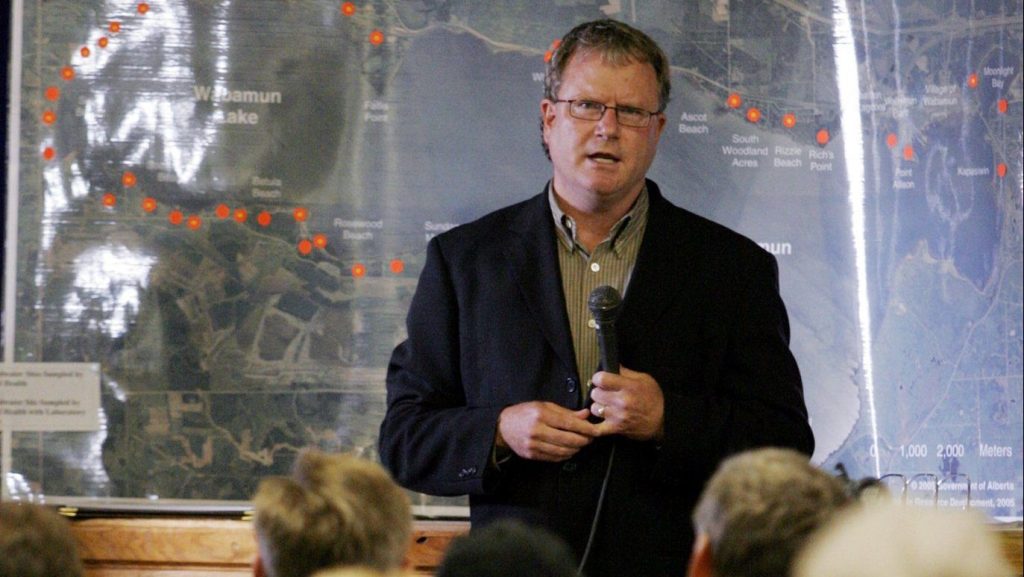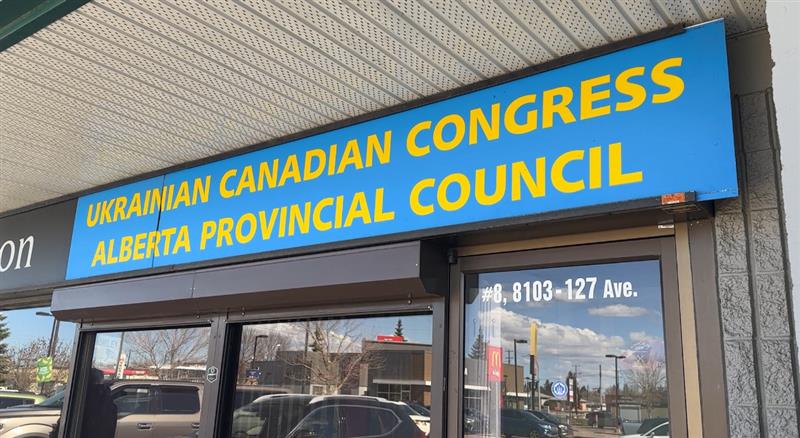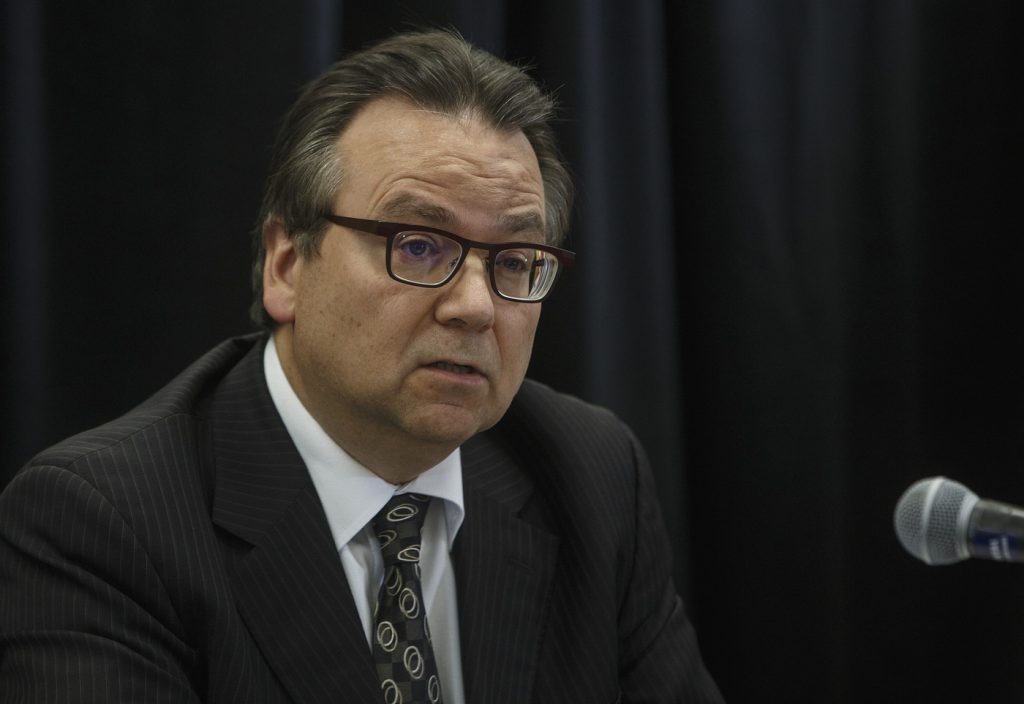Calgary to return to Stage 4 water restrictions, feeder main in need of major repairs

Posted Aug 7, 2024 2:12 pm.
Last Updated Aug 7, 2024 7:03 pm.
Calgary will return to the strictest level of outdoor water restrictions later this month as crews prepare to repair a number of weak spots found along the feeder main that ruptured in early June.
In an update on Wednesday afternoon, Mayor Jyoti Gondek said the city will return to Stage 4 outdoor water restrictions on Aug. 26, and they will remain in place until the major work on the Bearspaw South feeder main is done.
She said results from a pipe diver device showed 16 more points of weakness along the pipe that need to be addressed before the end of September.
“The pipe is not facing an immediate break at any of these sites,” Gondek says. “Rather, there are enough points of weakness, or strain, in these sections that maintenance work needs to be completed.”
In order for the planned work to take place, the city needs to shut down the pipe so crews can work around the clock beginning on Aug. 28, until an estimated completion date of Sep. 23.
Stage 4 restrictions for homes and businesses mean a ban on watering lawns or gardens, washing outside surfaces or windows, and more. Anyone caught breaking the rules could be faced with a fine starting at $3,000.
“This work will impact all of us in Calgary, Airdrie, Tsuutʼina Nation, Strathmore and Chestermere,” the mayor says. “We will all need to reduce our indoor water usage again.”
Throughout the duration of the work, the city will be asking residents to limit showers to three minutes, skip flushes when they can, and only wash full loads of dishes and laundry.
Businesses will be asked to find ways to cut 25 per cent reduction of their regular daily water usage starting on Aug. 26. The city says no businesses will be asked to close, including car washes.
Indoor pools and hockey arenas will stay open throughout the closure of the pipe, according to the city.
In addition to the city-wide water restrictions, the work will have a direct impact on residents and businesses in the Montgomery and Bowness communities. However, Infrastructure Services Manager Michael Thompson says residents won’t have to boil their water, or rely on water wagons, since it is a planned shut down of the pipe.
“I know this is not the news that any of us wanted to hear,” says Gondek. “At the same time, I’m grateful that we have this important information that allows us to act in a manner that protects our water system against any potential breaks to everyone in the Calgary region.”
Calgarians can continue with ongoing Stage 1 restrictions until Aug. 26. A full list of restrictions during each stage can be found here.
Exact locations of feeder main repairs to be determined
In early July, the city partnered with a technology company to send the pipe diver device 10 kilometres down the length of the feeder main that runs through northwest Calgary.
The 16 new weak spots were found after city officials were able to analyze data sent back from the device at the end of July.
“The majority of the work will be along a section of 33 Avenue NW, however, the exact number and locations of repair are still being confirmed and will be communicated in the coming days,” reads a release from the city.
The city says there may be additional work along Parkdale Blvd, and some repairs along 16 Avenue NW.
More work to rehabilitate the feeder main could stretch into next year, but the city needs to act now in time for river water to refill a key reservoir before the winter, said Thompson.
“We also need to minimize the risk of the feeder main breaking unexpectedly in the winter when we would not be able to refill the reservoir because river flows are too low,” said Thompson.
The city was previously under Stage 4 outdoor water restrictions until early July after the major pipe ruptured along 16 Avenue NW in Montgomery on June 5. Restrictions were lifted in stages since then in order to allow a gradual increase of water supply to the system.
Gondek declared a state of local emergency on June 15, 10 days after the break, after it was discovered there were five so-called “hotspots” on the feeder main that would extend the timeline to resolve the crisis.
The city announced the initial work to repair the feeder main break is estimated at between $20 and $25 million. Officials said estimates for the cost of the new work will be coming as they can share it.
With files from The Canadian Press
 Updates on the findings from the PipeDiver device.
Updates on the findings from the PipeDiver device. 







